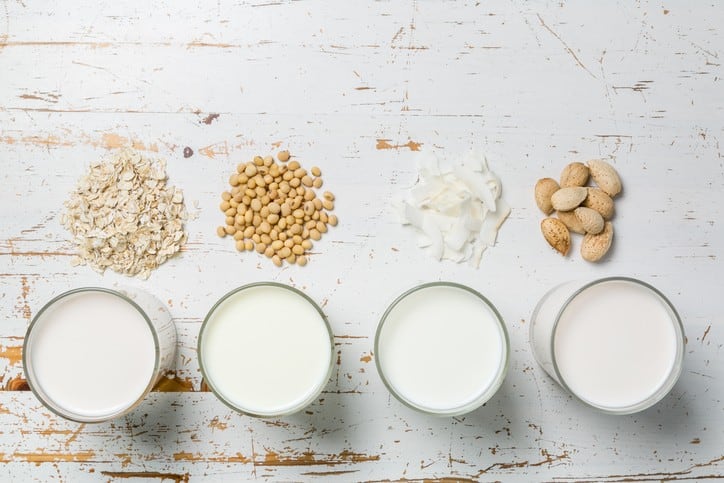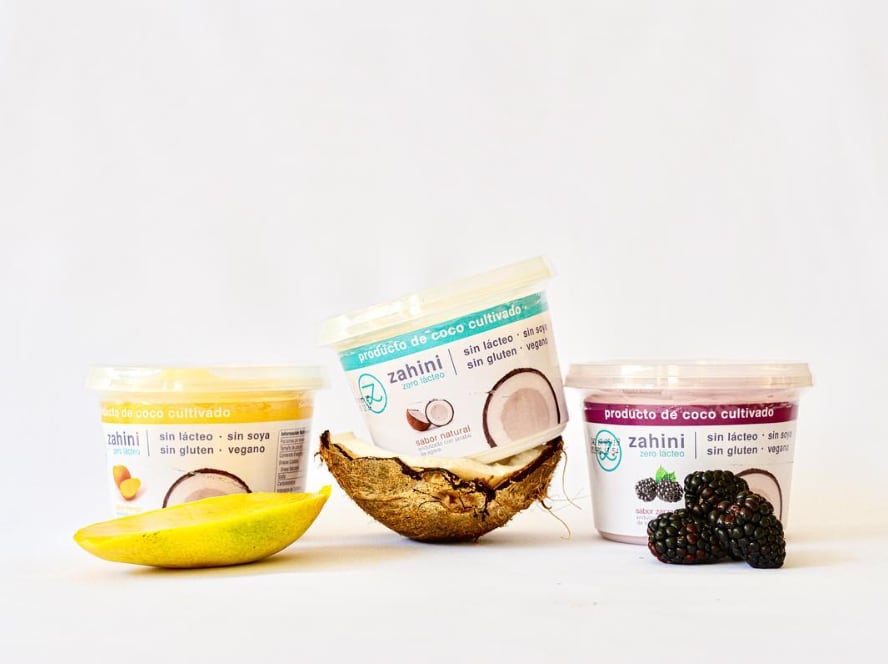The misleading use of dairy terms by plant-based brands or products containing vegetable fat is damaging consumer trust and hurting the Central American region’s developing dairy sector, according to agri-food associations, representing Costa Rica, El Salvador, Guatemala, Honduras, Nicaragua and Panama.
These countries have held multi-stakeholder workshops on the issue and are drawing up a guidance document for industry to ensure greater compliance, which will be published next year.
Alejandra Díaz Rodríguez, technical specialist for agricultural health, food safety and quality at the IICA told FoodNavigator-LATAM the document will focus on all food products that use dairy terms in their denomination or description but are not 100% dairy-based.
“[This] includes all substitutes for milk or milk products, which may be entirely of vegetable origin or have used these ingredients partially to replace some
constituents of milk, such as fat or protein,” she said.
“The use of dairy terms in products that are not milk or dairy products grants them a nutritional value that does not correspond to the truth. Therefore, they can induce error or confusion of the consumer, who buys them and expects to consume milk or dairy.”
According to Díaz, these “incorrectly labeled products” are generally sold at a lower price, meaning they represent unfair competition with dairy products.
“In this way, both consumers and milk producers in the region are directly affected,” she added.
Examples found on the shelves in Central American countries include brands claiming to be condensed milk, butter or cream when they contain vegetable fat or plant-based products such as ‘soy milk’ that do not contain dairy milk.
Other brands using misleading marketing materials, such as images of cows or milk containers on the label when they are not dairy.
Common dairy rules
The Central American countries of Costa Rica, El Salvador, Guatemala, Honduras, Nicaragua and Panama have a common regulatory framework within the customs union and have developed the Central American Technical Regulations (RTCA) for dairy.
According to the IICA, the RCTA for dairy terms constitutes “the largest achievement in the construction of regional harmonization” but greater efforts are needed to ensure its application in all countries of the region.
The Central American Dairy Federation (FECALAC), Inter-American Institute for Cooperation in Agriculture (IICA) and Central American Agricultural Council CAC) organized a technical meeting last month to discuss how to ensure greater compliance. Its jointly published guidance document will be addressed to the authorities, manufacturers, importers, marketers, distributors and consumers, said the IICA.




